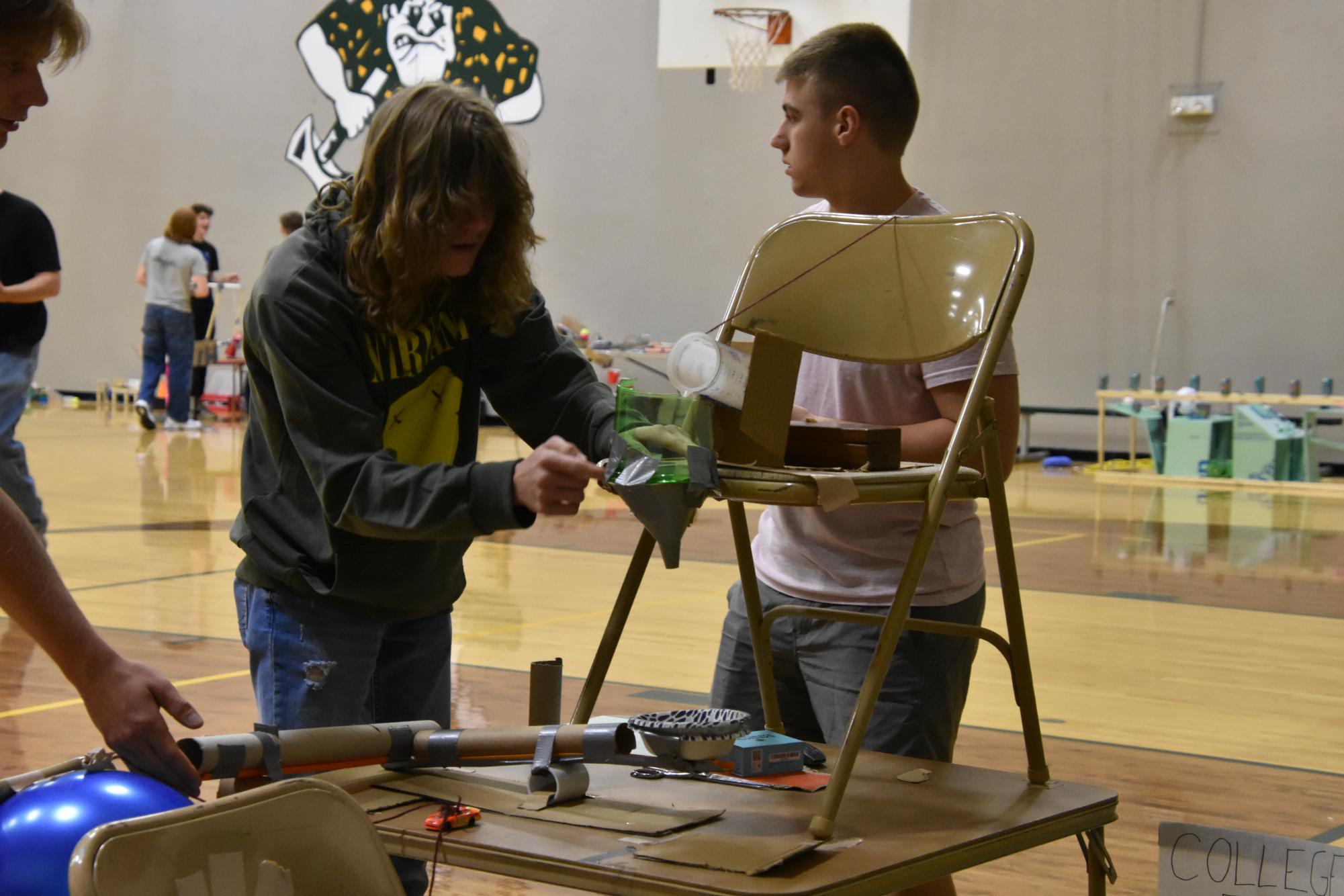Everyone grieves differently
February 28, 2023
As I have grown up, I have been extremely fortunate not to have lost any relatives close to me, so I have never really had to grieve.
However, not everyone is that fortunate, and a lot of people I am close with have lost relatives and friends, so although I have never had to cope directly with my own the loss, I have had to help a lot of friends through situations like that.
Everyone is different when it comes to coping with death. Some prefer to lock it all up and throw away the key while others are really good at talking through their emotions. When it comes to approaching friends to talk about something they have gone through, I take it slowly. I start by just asking if they need anything and reassuring them that I am there for them. Then, if they want to actually talk about the situation, I do, but if they do not want to talk about it, I just try to do things they enjoy or take them out to dinner on me so they have the opportunity to talk without any pressure if they want to.
As I said, everyone is different in how they grieve, so if I had to offer any advice, I would say to take it slowly and just check up on friends after something happens. Grieving and coping mechanisms are no science, and people get through hardships in different ways no matter what the situation.
Losing a loved one is one of the most difficult experiences a person can face. It is normal to feel a range of emotions, including sadness, anger, guilt and confusion. Coping with loss can be challenging, but there are ways to help manage the pain. Some effective strategies include seeking support from friends and family, engaging in physical activity, journaling and practicing mindfulness. Talking to a therapist or counselor can also be helpful. It is important to remember that grieving is a personal and unique process; we have to allow ourselves to feel and express our emotions. It may take time, but it is possible to heal and find comfort in the memories of people we love.
Coping with a loss is an important part of the grieving process and essential for everyone’s mental health and emotional well-being. Coping also allows people to process their feelings and work through the pain in healthy ways. Engaging in healthy coping methods can also help reduce stress, anxiety and depression.
Coping with a loss can provide a sense of closure, and it is important to remember that coping is a journey; it is okay to ask for help along the way, whether than involves talking to friends, family, guidance counselors, therapists, teachers, etc. People in our lives care about us — even if we do not realize how much.














